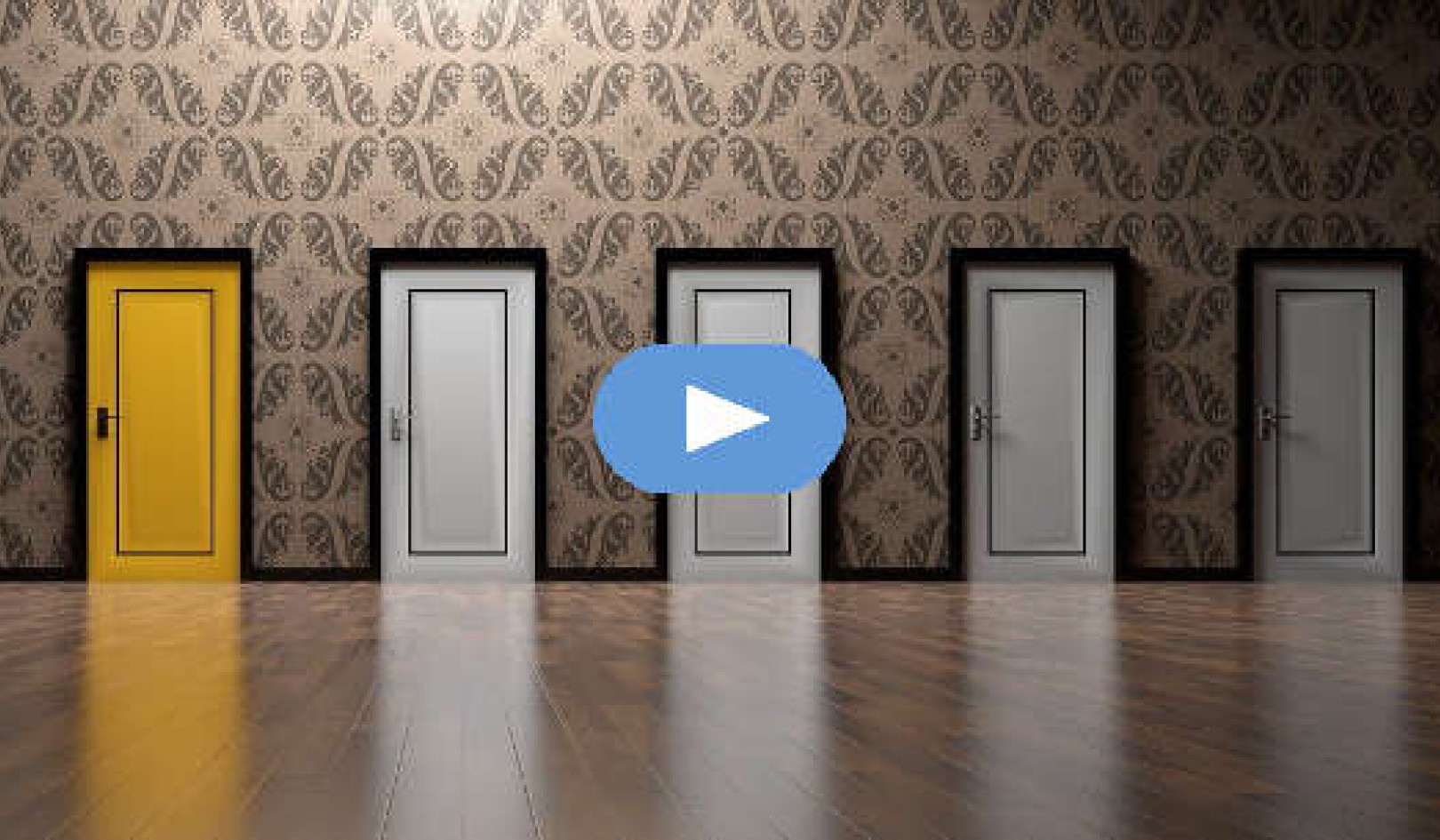
It’s unrealistic to think we should always look at the bright side. (Shutterstock)
In today’s society, being happy and having an optimistic attitude are social expectations that weigh heavily on how we live and the choices we make.
Some psychologists have pointed out how happiness has evolved into an industry. In turn, this has created what I call a happiness imperative, the social expectation that we should all aspire to happiness.
But this can be an obstacle to happiness. This is why, as a researcher in philosophical pessimism, I argue that if we actually want to live better lives, pessimism is the philosophical system that can help us achieve it.
While pessimism in the psychological sense is a tendency to focus on bad outcomes, philosophical pessimism isn’t fundamentally about outcomes. Rather, it’s a system that purports to explain the origins, prevalence and ubiquity of suffering.
Even if I adopt a cheerful and positive attitude towards life (thereby not making me a psychological pessimist) I can still be a philosophical pessimist because I can continue to believe that existence is generally filled with suffering.
All about angst?
French philosopher Jean-Paul Sartre is sometimes seen as a gloomy philosopher who deals with existential angst, dread and generally dark, depressive topics. He’s also been associated with pessimism, but this is largely due to misunderstandings of his work.
In 1945 Sartre wanted to dispel these mistaken impressions. In a public lecture called Existentialism is a Humanism, he argued that existentialism, properly understood, is a philosophy about freedom and assuming responsibility for our choices and for the lives we create. We are free — or in existentialist terms, we are condemned to be free.
Sartre believed we have no essence, and therefore must create and build one for ourselves. So while all this can certainly cause feelings of angst and despair in some, this needn’t be the case.
Compassion for living beings
And as in the case of existentialism, despair and angst are not necessarily defining aspects of philosophical pessimism.
Pessimism has a long history in philosophy, dating back to the ancient Greeks. An early myth tells us that the satyr Silenus revealed to King Midas that the greatest thing any human could hope for was to never have been born and that the second best thing was an early death.
But the German 19th-century philosopher Arthur Schopenhauer is considered by philosophers to be the first modern western writer who treated pessimism systematically in his work.
Schopenhauer’s philosophical pessimism is motivated by compassion and concern for all humans — though to be precise, this compassion extends to all living beings, not just humans. This is one of the important differences with existentialism.
Condemnation of existence
In Schopenhauer’s pessimism, we find a clear condemnation of existence. As he put it, “work, worry, toil and distress are indeed the lot of almost all human beings their whole life through,” and “one can also conceive of our life as a uselessly disturbing episode in the blissful calm of nothingness.”
And in case he is not clear enough on his condemnation of existence, he also says “the world is simply hell, and human beings are on the one hand its tortured souls and on the other hand its devils.”
As a consequence, for Schopenhauer, nonexistence is preferable to existence. This means that given the option of existing or not existing, not coming to be is the best choice. In this he echoes Silenus, but — and this is important — once we are here, the best we can do is adopt a life attitude that keeps us away from desires and wants. It is in our interest to stop pursuing things, including happiness.
Not about destroying life
In no case would he, or any other pessimist philosopher, advocate anything like crazy omnicide — actively and directly taking steps to destroy all life — as some mistakenly believe.
Ultimately, the pessimism of Schopenhauer depends entirely on his metaphysical views about the nature of existence itself — the essence of which is what he called will.
For our purposes, it’s enough if we understand will as a sort of force that underlies, conditions and motivates everything that exists. As such, everything that is, exists to want endlessly — and never attain any durable satisfaction.
The bright side
Given that the world we live in forces us to deal with pandemics, economic problems, wars and climate change it can seem overwhelming that we are supposed to be happy. It’s unrealistic to think we should always look at the bright side of events.
And even if we choose to do so, it is still the case that, according to pessimism, we exist to want and desire endlessly. In light of this, the happiness imperative comes into conflict with the essence of existence (Schopenhauer’s will) because satisfaction isn’t possible. The expectation to be happy therefore becomes a struggle against the very nature of life.
This is why when society expects us to be happy, and blames us if we are not, positivity becomes toxic.
If we find ourselves unable to live up to the happiness imperative, we can feel inadequate and like failures.
Pessimism can offer philosophical tools to better understand our place within existence. It can help us come to terms with the idea that refusing to relentlessly pursue happiness is perhaps the most reasonable attitude.![]()
About The Author
Ignacio L. Moya, PhD candidate, Philosophy, Western University
This article is republished from The Conversation under a Creative Commons license. Read the original article.

Books Improving Attitude and Behavior from Amazon's Best Sellers list
"Atomic Habits: An Easy & Proven Way to Build Good Habits & Break Bad Ones"
by James Clear
In this book, James Clear presents a comprehensive guide to building good habits and breaking bad ones. The book includes practical advice and strategies for creating lasting behavior change, based on the latest research in psychology and neuroscience.
Click for more info or to order
"Unf*ck Your Brain: Using Science to Get Over Anxiety, Depression, Anger, Freak-Outs, and Triggers"
by Faith G. Harper, PhD, LPC-S, ACS, ACN
In this book, Dr. Faith Harper offers a guide to understanding and managing common emotional and behavioral issues, including anxiety, depression, and anger. The book includes information on the science behind these issues, as well as practical advice and exercises for coping and healing.
Click for more info or to order
"The Power of Habit: Why We Do What We Do in Life and Business"
by Charles Duhigg
In this book, Charles Duhigg explores the science of habit formation and how habits impact our lives, both personally and professionally. The book includes stories of individuals and organizations who have successfully changed their habits, as well as practical advice for creating lasting behavior change.
Click for more info or to order
"Tiny Habits: The Small Changes That Change Everything"
by BJ Fogg
In this book, BJ Fogg presents a guide to creating lasting behavior change through small, incremental habits. The book includes practical advice and strategies for identifying and implementing tiny habits that can lead to big changes over time.
Click for more info or to order
"The 5 AM Club: Own Your Morning, Elevate Your Life"
by Robin Sharma
In this book, Robin Sharma presents a guide to maximizing your productivity and potential by starting your day early. The book includes practical advice and strategies for creating a morning routine that supports your goals and values, as well as inspiring stories of individuals who have transformed their lives through early rising.






















